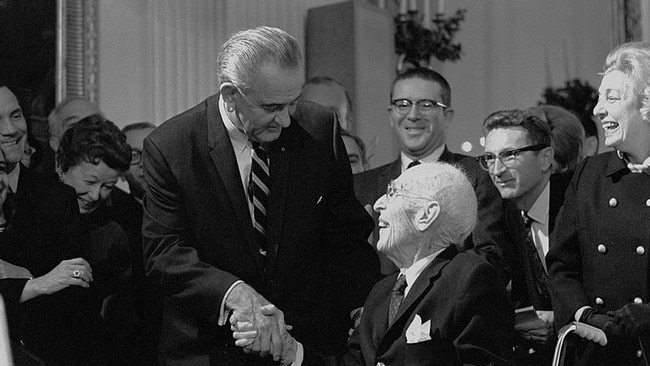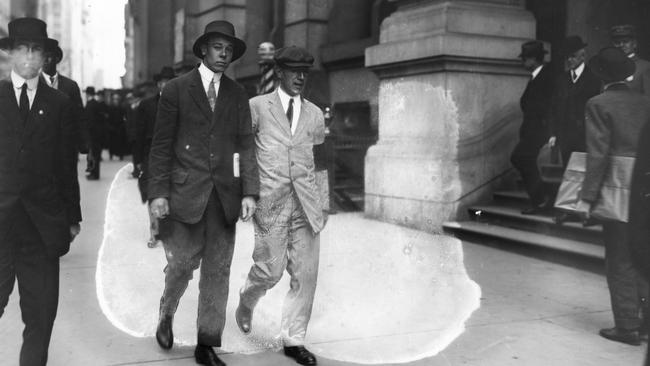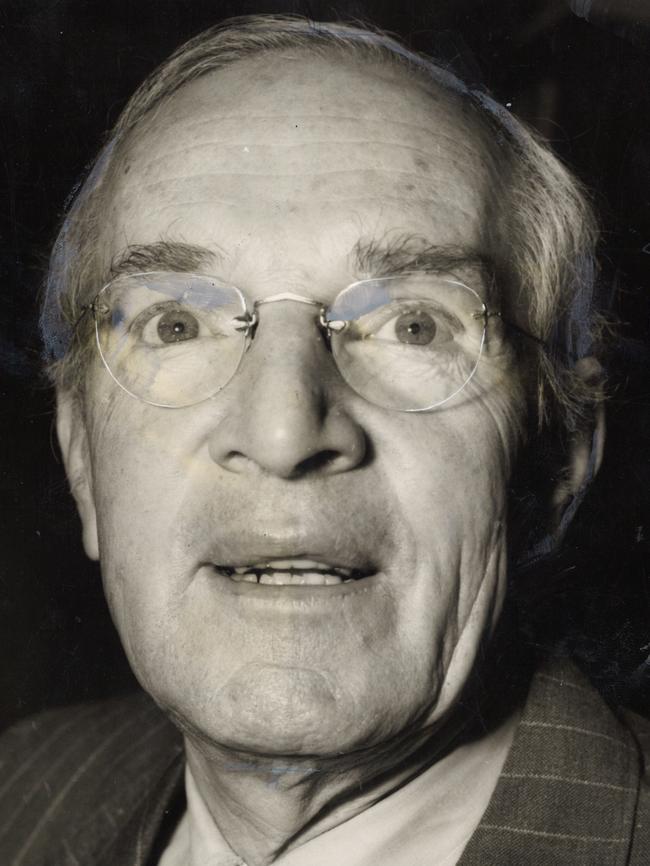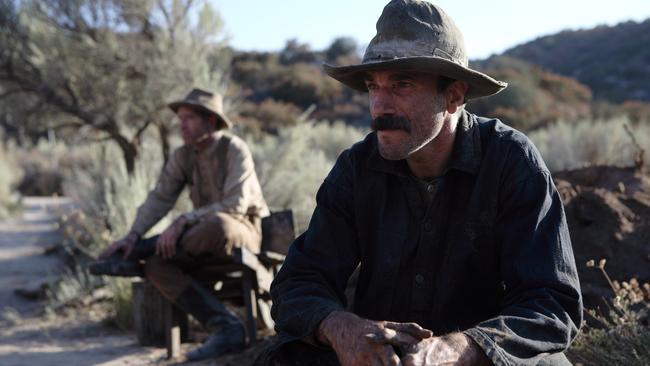Journalist Upton Sinclair turned ‘muckraker’ to expose dirty secrets of US meat industry
When young journalist Upton Sinclair went undercover in 1904 he helped expose shocking secrets about the food Americans were eating

Today in History
Don't miss out on the headlines from Today in History. Followed categories will be added to My News.
IF the workers at the meat packing plant in Chicago thought something was odd about their fellow employee, they didn’t let on. For seven weeks he toiled inconspicuously alongside them, never once letting on he was a reporter for a socialist weekly publication named An Appeal To Reason.
His real name was Upton Sinclair and his main concern was to expose the terrible conditions for exploited workers in Chicago’s big meat packing plants. But Upton, born 140 years ago today, turned his experience into a novel called The Jungle, which included details of alleged poor hygiene standards, such as dressing up rotting meat to look fresh and processing meat from diseased animals.
Some of it was fiction, but the result was tighter food inspection control laws. Unfortunately the new legislation also inadvertantly helped the biggest meat producers by making it too expensive for smaller operators to compete.

The book made Sinclair famous as a “muckraker”, which back then had a more positive meaning — a journalist who exposed bad elements of society to public scrutiny.
A dedicated socialist who worked throughout his life to try to improve the lot of the poor, Sinclair was seen by some as a troublemaker and by others as the man they wanted to have on their side.
He was born on September 20, 1878, in Baltimore Maryland. Family fortunes had varied as a result of the Civil War. While his grandparents stayed rich, his father had been ruined by the conflict. Sinclair grew up painfully aware of the extremes of wealth and destitution.
His father was a liquor salesman who was an alcoholic, while his mother was a strict disciplinarian who hated alcohol and other intoxicants and hoped her son would become a priest. As a child Sinclair sought refuge from the world through reading.
While studying law he spent his spare time writing jokes for newspapers and cartoonists as well as writing adventure stories. After leaving university he worked on his first novel Springtime And Harvest (later retitled King Midas) published in 1901, a romance about a struggling poet. It was critically acclaimed but didn’t sell.

He joined the Socialist Party in 1903, and began writing for their weekly publication An Appeal To Reason. In 1904, after a strike by meat-packing workers in Chicago was broken by the biggest four meat companies, his editor suggested he find out about working conditions in the meat industry.
He went undercover and wrote The Jungle, which was serialised in An Appeal To Reason in 1905 and then published as a book in 1906.
While he had intended it to expose worker exploitation, the most sensational element was the depiction of poor standards of meat hygiene and quality. Sinclair later said “I aimed at the public’s heart and by accident I hit it in the stomach.”
The book was a bestseller and was adapted to film in 1914. With some of the proceeds of his book’s success he set up a collective community, Helicon Home Colony, in New Jersey. The idea was that everybody would contribute to cooking, child care and farm work, all along scientific lines. But there were complaints that membership was restricted to white, non-Jewish, people.
Journalists infiltrated the community writing scathing or false reports. Some implied it was a sex cult. Sinclair actually tried to take a mistress but his wife Meta objected (they divorced in 1911). When Helicon Hall burnt down in 1907 the colony disbanded.
Sinclair married Mary Kimborough in 1913, in between trips to the coal fields, which became the basis for his 1917 book King Coal which took as its backdrop the coal strikes of 1913-14. He organised a picket of the Rockefeller building to mourn the miners he claimed were killed by John D. Rockefeller’s company Standard Oil.

Despite splitting from the socialists in 1917 to support the US when the country entered World War I, in 1920 Sinclair healed the rift by standing, unsuccessfully as a Socialist candidate for the US House of Representatives. He tried the senate in 1922, but failed again and was also unsuccessful running for governor in 1926.
There was consolation in the success of his 1927 novel Oil!, taking aim at the oil industry. It was boosted to bestseller lists when Boston banned it because of a sex scene. The novel was the inspiration for the 2007 film There Will Be Blood which won Daniel Day Lewis an Oscar for his performance as ruthless oil man Daniel Plainview.
In 1934 Sinclair oined the Democrat party and again failed to win election as governor of California, despite a popular campaign pledging to end poverty. He was the victim of fake news attacks claiming he was a communist.
He concentrated on writing thereafter, publishing books up until 1961 and winning a Pulitzer Prize in 1943 for his novel Dragon’s Teeth, set during the Nazi takeover of Germany.
In 1967 he was invited to the White House to witness president Lyndon Johnson signing a new meat inspection bill. He died in 1968.

